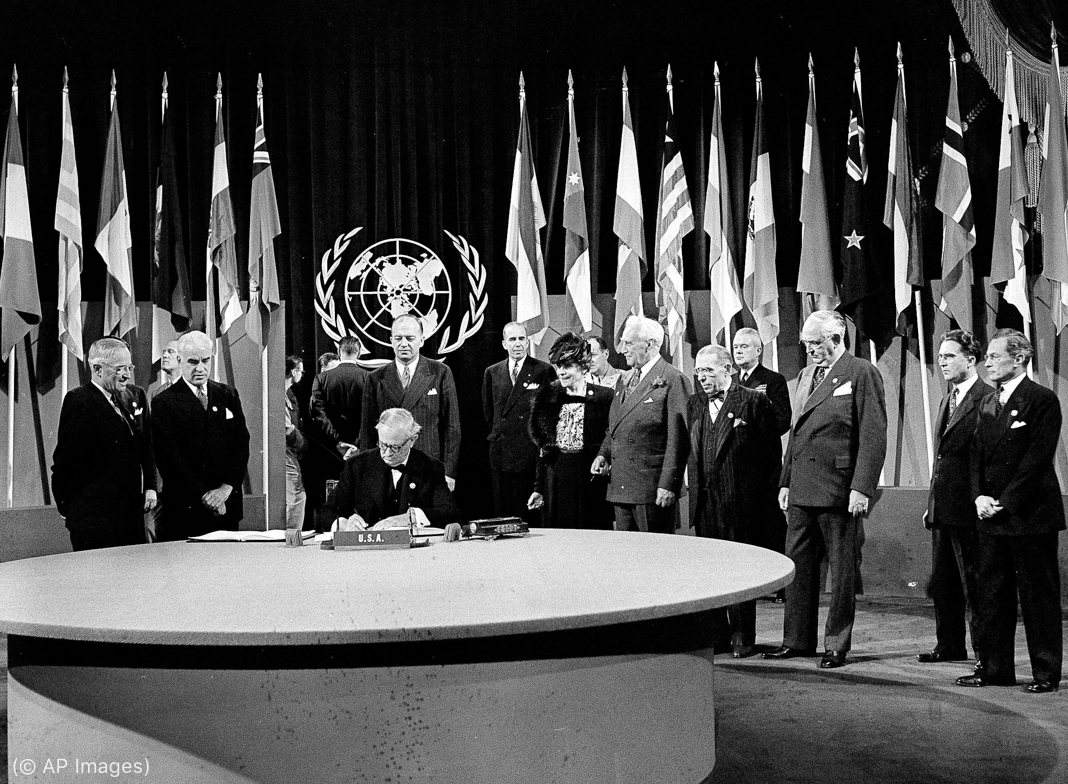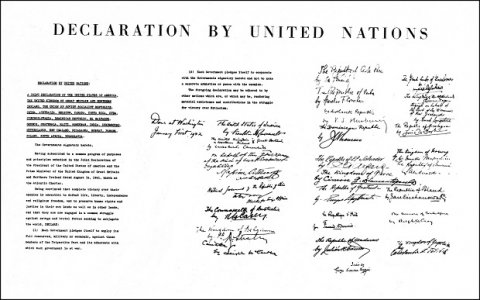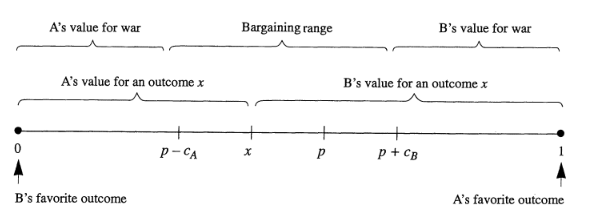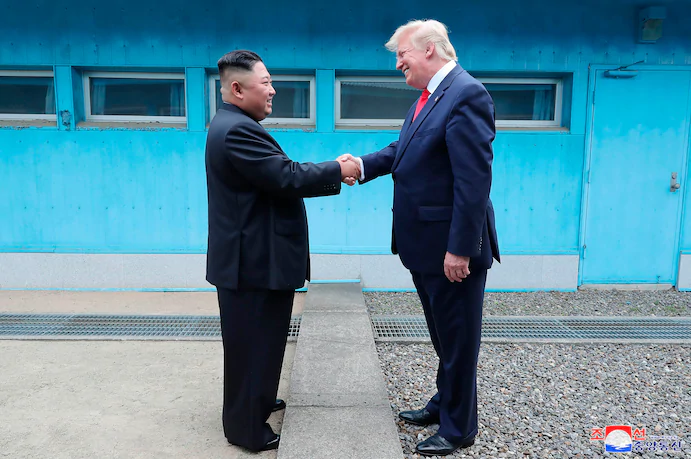
Beyond its impact on 🇮🇱-🇮🇷 & 🇺🇸-🇮🇷 relations, this assassination highlights hypocrisy by those touting the "liberal, rules-based international order".
But as I explain to my students, hypocrisy & contradiction are baked into the "liberal international order"
[THREAD]
But as I explain to my students, hypocrisy & contradiction are baked into the "liberal international order"
[THREAD]
https://twitter.com/PeterBeinart/status/1332336871482011648
To start, what is meant by "international order"? LOTs of definitions out there, but I use the definition from Ikenberry:
"The governing arrangements among a group of states, including its fundamental rules, principles, and institutions"
"The governing arrangements among a group of states, including its fundamental rules, principles, and institutions"
To drive home the influence of Ikenberry's book, highly recommend reading the contributions to this recent @BritJPIR symposium on the book.
journals.sagepub.com/doi/full/10.11…
journals.sagepub.com/doi/full/10.11…
If you don't have time to read his book, I recommend instead reading this review in @Journal_IS by Randy Schweller
mitpressjournals.org/doi/abs/10.116…
mitpressjournals.org/doi/abs/10.116…
While Ikenberry's definition of International Order is widely used, it's still a bit vague.
Specifically, what is meant by a "Liberal International Order"?
Specifically, what is meant by a "Liberal International Order"?
That's just one reason that I ask my students to read this @EIAJournal interview with @AmitavAcharya
ethicsandinternationalaffairs.org/2017/interview…
ethicsandinternationalaffairs.org/2017/interview…
He acknowledges that though the definition is a bit unclear, it largely boils down to the extensive presence and use of multilateral institutions 

But he also acknowledges that the idea of this "order" being more than a "club of Western countries" is largely a myth 

So "coercion" (read use of force to make states to do what you want) by the "Western major powers" (read, 🇺🇸) is baked into the system.
In other words, assassinations are not "outside" the order, but part of what makes it work.
Shhhh, that's saying the quiet part out loud 🤫
In other words, assassinations are not "outside" the order, but part of what makes it work.
Shhhh, that's saying the quiet part out loud 🤫
Indeed, saying the quiet part out loud was a big part of the critiques raised during the "Great Liberal International Order Debate" that occurred a couple years ago!
Liberal International Order: not "Liberal", nor "International", nor "Ordered". Discuss!
lawfareblog.com/misreading-lib…
Liberal International Order: not "Liberal", nor "International", nor "Ordered". Discuss!
lawfareblog.com/misreading-lib…
And some folks think that the right to decide when and how to use force to maintain the "order" is a desirable feature
So that's the hypocrisy part. What about contradictions? Well, consider one of the "constitutional documents" of the LIO: the UN Charter 

For instance, Article 2 brings up "territorial integrity" as one of the principles of the UN system. But Article 1 says "respect for human rights" is a core Purpose of the UN System.
So if you intervene to protect human rights aren't you violating territorial integrity? No easy answer (see this piece by @OsaigbovoEnabul)
tandfonline.com/doi/abs/10.108…
tandfonline.com/doi/abs/10.108…
There is so much more that can be (and has been) said on this topic. But the main idea should be clear: when it comes to the "liberal, rules-based international order" contradictions and hypocrisy are a feature, not a bug.
[END]
[END]
• • •
Missing some Tweet in this thread? You can try to
force a refresh








